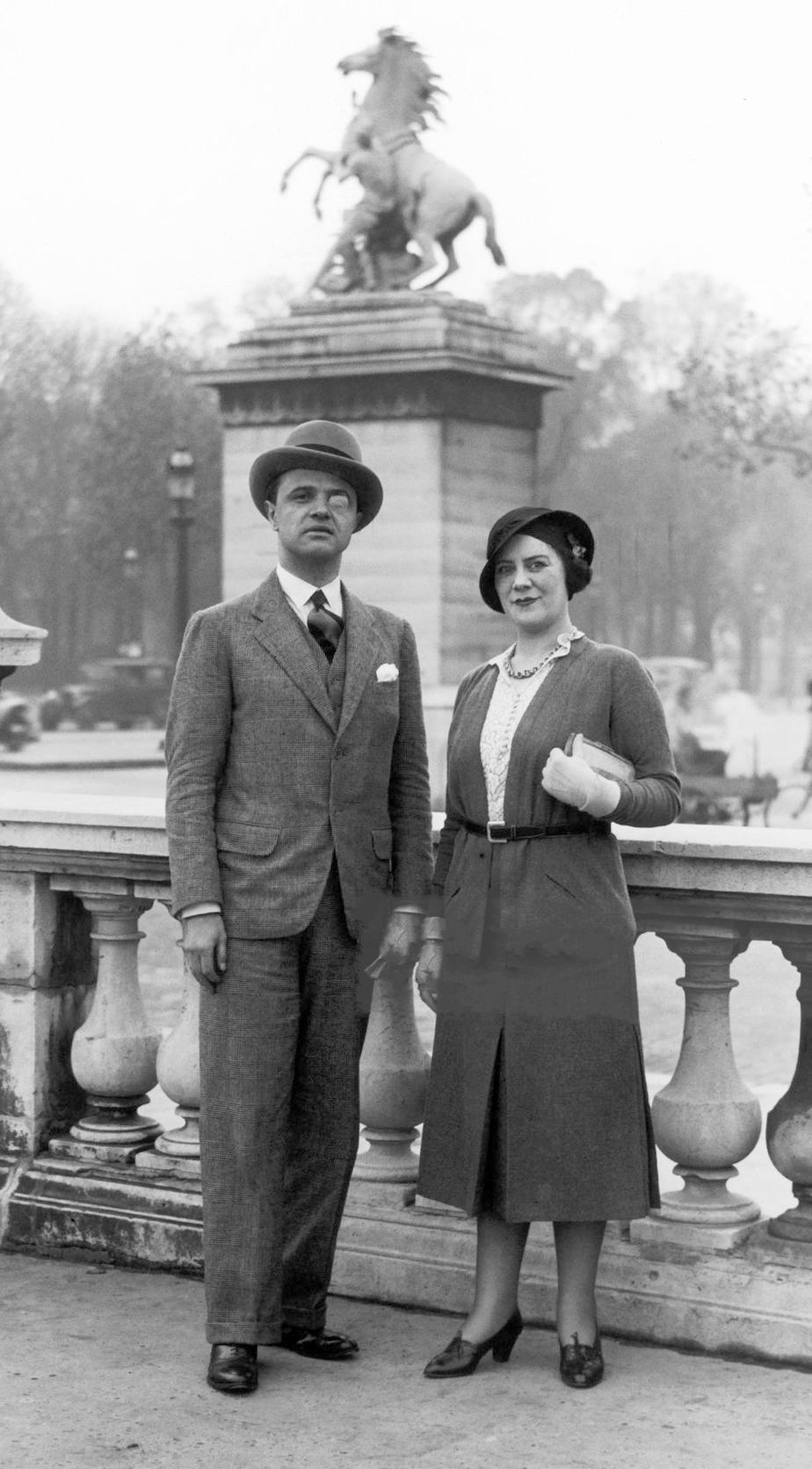|
Darquier De Pellepoix
Louis Darquier (19 December 1897 – 29 August 1980), better known under his assumed name Louis Darquier de Pellepoix, was Commissariat-General for Jewish Affairs, Commissioner-General for Jewish Affairs under the Vichy Régime. Biography A veteran of World War I, Darquier had been active in fascism, Fascist and antisemitism, antisemitic politics in France in the 1930s, being a member, at various times, of Action Française, Croix-de-Feu and Jeunesses Patriotes. On 6 February 1934 he was injured at the 6 February 1934 crisis, Place de la Concorde riot, and, according to Janet Maslin, writing in ''The New York Times'' in 2006, "parlayed (his) new status as a 'man of 6 February' into a leadership role." (The NYT article was based on the publication by Carmen Callil of her highly praised book on Darquier called 'Bad Faith'.) During this period Darquier began collaborating with the noted antisemitic publisher Ulrich Fleischhauer's ''Welt-Dienst'' (World-Service or ''Service Mondial'') ... [...More Info...] [...Related Items...] OR: [Wikipedia] [Google] [Baidu] |
Commissariat-General For Jewish Affairs
The Commissariat-General for Jewish Affairs (french: Commissariat général aux questions juives; C.G.Q.J.) was a special administration established in March 1941 by the collaborationist Vichy government of France in order to introduce anti-Jewish legislation. History While anti-Jewish legislation had already been introduced by the Vichy regime by October 1940, the creation of the C.G.Q.J. was initiated by the German occupiers. Theodor Dannecker, ''Judenreferent'' in France, called in his memoir for the establishment of a "Jewish central office" on 21 January 1941. The C.G.Q.J. was founded by the law of 29 March 1941, with Xavier Vallat as Commissioner-General, followed by Louis Darquier de Pellepoix in May 1942. The organization was responsible for proposing all legislative measures concerning Jews to the Vichy government, such as the confiscation of Jewish property in France.Joly, Laurent. �Postuler un emploi auprès du commissariat général aux Questions juives (1941-194 ... [...More Info...] [...Related Items...] OR: [Wikipedia] [Google] [Baidu] |
Janet Maslin
Janet R. Maslin (born August 12, 1949) is an American journalist, best known as a film and literary critic for ''The New York Times''. She served as a ''Times'' film critic from 1977 to 1999 and as a book critic from 2000 to 2015. In 2000 Maslin helped found the Jacob Burns Film Center in Pleasantville, New York. She is president of its board of directors. Education Maslin graduated from the University of Rochester in 1970 with a bachelor's degree in mathematics. She began her career as a rock music critic for ''The Boston Phoenix'' and became a film editor and critic for them. She also worked as a freelancer for ''Rolling Stone'' and worked at ''Newsweek''. Career Maslin became a film critic for ''The New York Times'' in 1977. From December 1, 1994, she replaced Vincent Canby as the chief film critic. She continued to review films for ''The Times'' until 1999. Her film-criticism career, including her embrace of American independent cinema, is discussed in the documentary ' ... [...More Info...] [...Related Items...] OR: [Wikipedia] [Google] [Baidu] |
Trial In Absentia
Trial in absentia is a criminal proceeding in a court of law in which the person who is subject to it is not physically present at those proceedings. is Latin for "in (the) absence". Its meaning varies by jurisdiction and legal system. In common law legal systems, the phrase is more than a spatial description. In these systems, it suggests a recognition of a violation to a defendant's right to be present in court proceedings in a criminal trial. Conviction in a trial in which a defendant is not present to answer the charges is held to be a violation of natural justice. Specifically, it violates the second principle of natural justice, (hear the other party). In some civil law legal systems, such as that of Italy, is a recognized and accepted defensive strategy. Such trials may require the presence of the defendant's lawyer, depending on the country. Europe Member states of the Council of Europe that are party to the European Convention on Human Rights are bound to adher ... [...More Info...] [...Related Items...] OR: [Wikipedia] [Google] [Baidu] |
Death Penalty
Capital punishment, also known as the death penalty, is the state-sanctioned practice of deliberately killing a person as a punishment for an actual or supposed crime, usually following an authorized, rule-governed process to conclude that the person is responsible for violating norms that warrant said punishment. The sentence ordering that an offender is to be punished in such a manner is known as a death sentence, and the act of carrying out the sentence is known as an execution. A prisoner who has been sentenced to death and awaits execution is ''condemned'' and is commonly referred to as being "on death row". Crimes that are punishable by death are known as ''capital crimes'', ''capital offences'', or ''capital felonies'', and vary depending on the jurisdiction, but commonly include serious crimes against the person, such as murder, mass murder, aggravated cases of rape (often including child sexual abuse), terrorism, aircraft hijacking, war crimes, crimes against hum ... [...More Info...] [...Related Items...] OR: [Wikipedia] [Google] [Baidu] |


